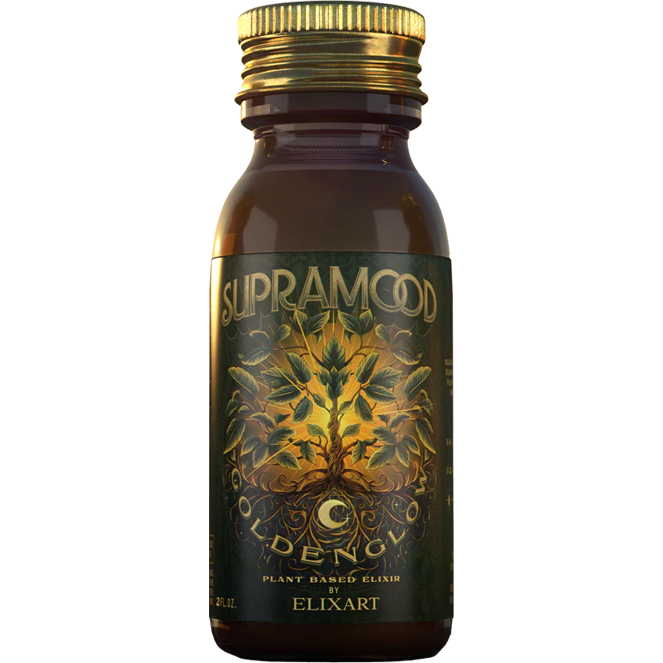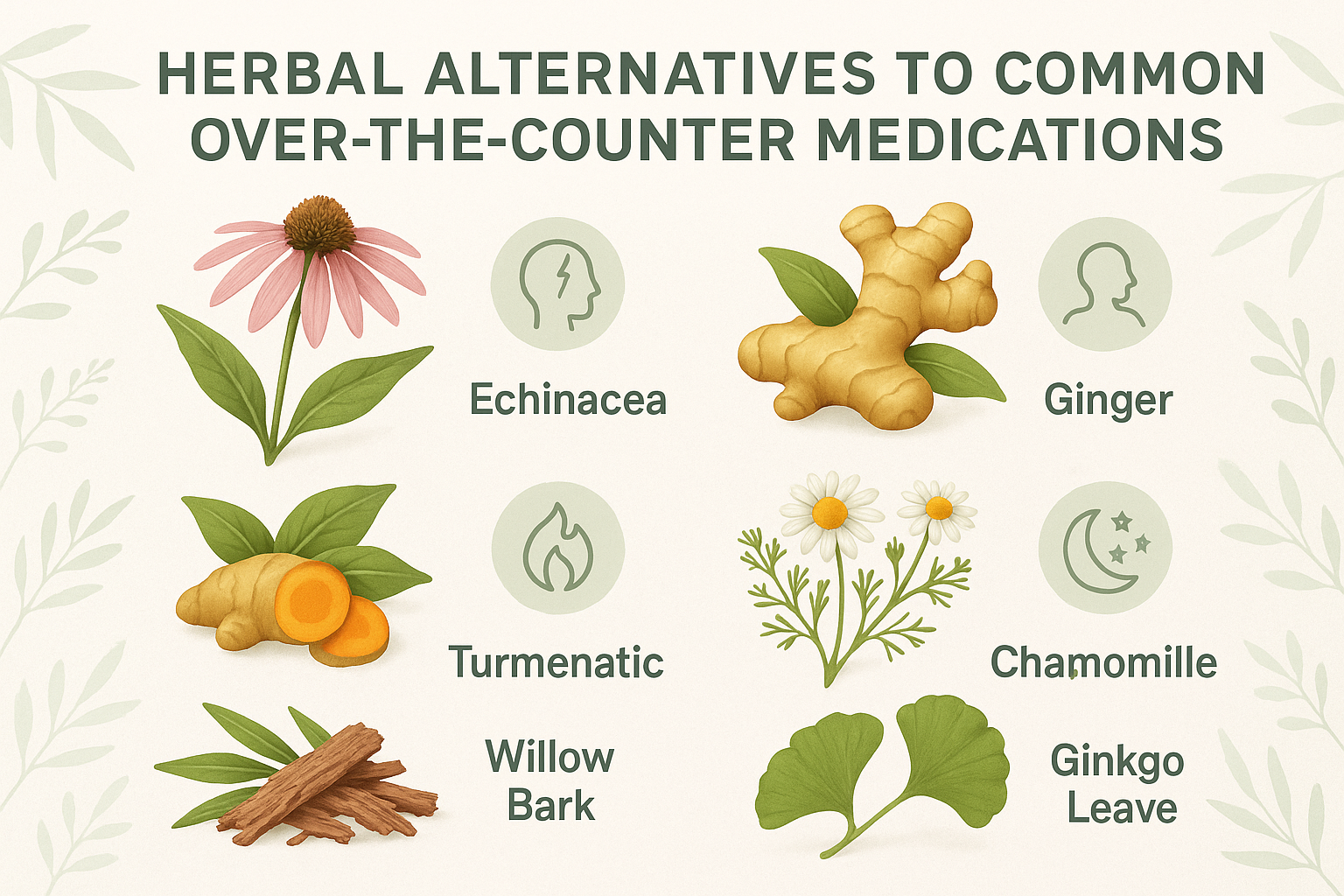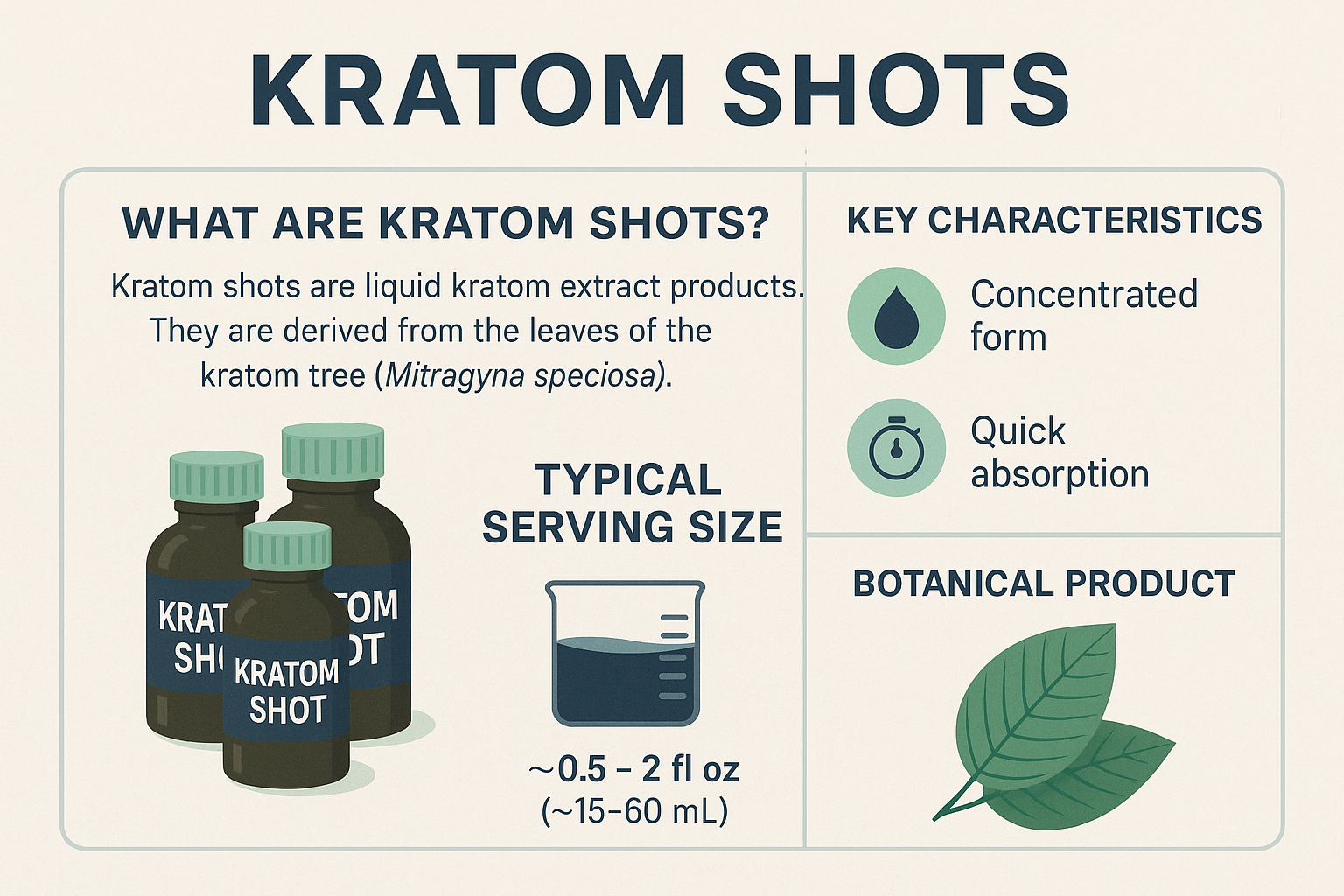Table of Contents
- Introduction
-
Understanding Kava
-
Does Kava Expire? Understanding Potency Loss Over Time
-
Factors Affecting Kava Quality and Shelf Life
- Best Practices for Storing Your Kava Safely
- Enjoying Your Kava Safely: Final Thoughts on Expiration and Potency Loss
- FAQs
Introduction
Kava, scientifically known as Piper methysticum, is a plant native to the South Pacific. Its roots are traditionally used to prepare a drink that has calming and relaxing effects. Often consumed in social and ceremonial contexts, Kava has gained popularity worldwide for its potential to reduce stress and anxiety.
Understanding Kava's shelf life is crucial for maintaining its potency and safety. While Kava doesn't expire in a traditional sense, improper storage can lead to loss of effectiveness and even spoilage. Proper storage practices ensure that your Kava remains fresh and potent, providing the desired effects each time you consume it.
When asking "Does Kava Expire? What You Need to Know", it's essential to delve into how Kava's quality can be preserved over time. This knowledge not only maximizes the benefits of this cherished herbal remedy but also safeguards your health by preventing the consumption of degraded products.
Understanding Kava
Kava is a tropical plant native to the South Pacific, renowned for its calming and relaxing effects. Traditionally, its roots are prepared into a ceremonial drink enjoyed during cultural and social gatherings. Today, Kava is available in various forms, including powders, capsules, ready-to-drink beverages, liquid tinctures, and tonics, making it accessible to suit different lifestyles and preferences.
Description of the Kava Plant
The kava plant, scientifically known as Piper methysticum, is a tropical shrub native to the Pacific Islands. Its roots have been used for centuries by indigenous cultures in ceremonies and social gatherings. Kava, often referred to as kava kava, is renowned for its calming and sedative properties, which are attributed to compounds called kavalactones.
In the South Pacific, kava plays a crucial role in traditional rituals and communal activities. Islanders prepare a beverage by grinding or pounding the root, then mixing it with water. This drink is consumed during important cultural events, religious ceremonies, and social functions.
Forms of Kava Available
Kava is available in various forms on the market today:
Kava Powder:
This is the most traditional form, made by drying and grinding the root into a fine powder. It can be mixed with water or other liquids to create a drink.
Kava Capsules:
For those who prefer convenience, kava capsules provide a pre-measured dose of powdered kava enclosed in gelatin or vegetarian capsules.
Kava Drinks:
Ready-to-drink kava beverages are increasingly popular. These drinks come pre-mixed and are available in various flavors.
Kava Tonics:
Often sold as liquid extracts or tinctures, these tonics offer an easy way to consume kava without preparation. They can be taken directly or added to other beverages.
Each form of kava has its unique advantages, making it accessible to different preferences and lifestyles. Whether you choose the traditional powder for authenticity or capsules for convenience, understanding these options helps you select the form that best suits your needs.
However, it's essential to note that while kava has many benefits, it also has potential health risks associated with its use. For instance, excessive consumption can lead to liver damage and other health issues. Therefore, it's advisable to consume it responsibly and be aware of its effects on health. For more detailed information about the health aspects of kava, you can refer to this resource.
Does Kava Expire? Understanding Potency Loss Over Time

Does Kava Expire?
When discussing herbal products like Kava, the term "expiration" can be misleading. Unlike perishable food items that spoil and become unsafe, Kava does not expire in the traditional sense. Instead, it undergoes a gradual reduction in potency over time.
Herbal Product Expiration:
Safety vs. Potency:
For most herbal products, expiration typically refers to a decline in effectiveness rather than safety. While Kava may lose its strength, it usually remains safe to consume if stored properly.
Shelf Life:
Many users report that Kava can maintain its potency for several years when kept under optimal conditions. This makes understanding proper storage practices essential.
Kava Potency Over Time
While Kava doesn't have a strict expiration date, it is crucial to recognize that its active compounds can degrade:
Initial Potency:
Freshly harvested and processed Kava offers maximum potency. The calming effects are most pronounced during this period.
Gradual Decline:
Over time, the kavalactones, active compounds responsible for Kava's effects, begin to break down. This leads to a decrease in potency and effectiveness.
Example: A batch of Kava stored for 5 years might not provide the same calming effects as a freshly processed one. However, if stored correctly, it can still offer some benefits.
Key Takeaway:
While you won't find traditional expiration dates on Kava products, monitoring their storage conditions and being aware of potential potency loss is essential for enjoying maximum benefits.
Factors Affecting Kava Quality and Shelf Life
Understanding the factors affecting Kava quality is crucial for ensuring you get the most out of this herbal supplement. Various elements can influence its shelf life and effectiveness over time. Here, we will delve into those factors and provide detailed information on how to identify spoiled Kava.
Signs Your Kava May Have Spoiled

Physical Signs to Look For
Being able to recognize physical signs of spoilage is essential when assessing whether your Kava is still good to consume. Here are some indicators:
Color Change:
Fresh Kava typically has a light brown or beige color. If your Kava has turned significantly darker or has unusual spots, it may be a sign that it has started to deteriorate.
Texture:
Good quality Kava should have a consistent texture, whether in powdered form or as whole roots. If you notice clumping, excessive dryness, or a powdery residue that wasn't there before, these could be signs that the product is losing its integrity.
Sensory Indicators
Your senses can often provide the earliest clues about the condition of your Kava. Pay attention to:
Smell:
Fresh Kava usually has an earthy, slightly peppery aroma. If you detect any off-putting smells, such as a musty or moldy odor, this could indicate spoilage.
Taste:
While Kava naturally has a somewhat bitter taste, any significant changes in flavor, especially if it becomes notably sour or off, are warning signals that something may be wrong.
Best Practices for Storing Your Kava Safely

Proper storage methods are key to maintaining the quality and potency of your Kava over time. Here are some best practices:
Storage Conditions:
Keep your Kava in a cool, dark, and dry place. Exposure to light and heat can degrade its active compounds.
Ideal Containers:
Use airtight containers such as mason jars or vacuum-sealed bags. These options help prevent exposure to air and moisture, which can accelerate spoilage.
Testing the Potency of Your Stored Kava
To ensure your stored Kava retains its effectiveness, regular testing can be beneficial. Here's how you can assess its potency at home:
Visual Inspection:
Check for any physical changes like color shifts or texture inconsistencies.
Sensory Test:
Smell and taste a small amount to ensure there are no off-putting odors or flavors.
Effectiveness Trial:
Prepare a small batch and note any differences in its calming effects compared to fresh Kava.
By adhering to these guidelines and remaining vigilant about potential signs of spoilage, you can extend the shelf life of your Kava while ensuring it remains safe and effective for consumption.
Understanding what factors affect the quality of your Kava helps you make informed decisions about its storage and use. This knowledge empowers you to keep your herbal supplement in optimal condition for as long as possible.
It's worth noting that while we're discussing herbal supplements like Kava here, it's also important to consider dietary needs when introducing new supplements into your regimen. For example
Proper storage is crucial to maintaining the quality and potency of your Kava. The environment where you store your Kava plays a significant role in preserving its effectiveness over time.
Recommended Storage Conditions
To ensure your Kava remains fresh and potent:
Cool Place:
Store your Kava in a location that maintains a consistent, cool temperature. Avoid places that experience frequent temperature fluctuations.
Dark Environment:
Light exposure can degrade the active compounds in Kava. Keep it in a dark place or use opaque containers to shield it from light.
Dry Location:
Moisture is one of the biggest threats to Kava's shelf life. Ensure your storage area is dry to prevent mold growth and spoilage.
Ideal Containers for Storing Kava
Choosing the right container is equally important:
Airtight Containers:
Use containers with airtight seals, such as mason jars or vacuum-sealed bags. These prevent air and moisture from reaching the Kava.
Opaque Containers:
If possible, opt for opaque containers to block out light, which helps maintain the integrity of the Kavalactones.
Desiccant Packs:
Including desiccant packs can help absorb any residual moisture inside the container, offering an extra layer of protection.
Environmental Factors Impacting Quality and Longevity
Several environmental factors affect how long your Kava will last:
- Light: Prolonged exposure to light can break down the active compounds in Kava.
- Heat: High temperatures accelerate the degradation process. Aim for a storage temperature below 20°C (68°F).
- Moisture: Humidity is detrimental to Kava’s longevity. Keeping it in a dry place minimizes this risk.
Different forms of Kava have varied shelf lives:
- Kava Powder: Typically retains its potency for up to two years if stored correctly.
- Kava Capsules: Often have a longer shelf life due to their encapsulated form, which offers additional protection against environmental factors.
By adhering to these best practices, you can significantly extend the shelf life of your Kava, ensuring it remains effective and safe to consume.
Testing the Potency of Your Stored Kava: A Practical Guide
Evaluating the potency of stored Kava is essential to ensure you continue to experience its calming and relaxing effects. Here are some practical methods you can use at home:
1. Visual Inspection
Color:
Fresh Kava typically has a light brown or beige color. If your Kava appears significantly darker or has an unusual hue, it may have degraded.
Texture:
Good quality Kava powder should be fine and consistent. Clumping or a gritty texture might indicate exposure to moisture.
2. Smell Test
Aromatic Profile:
Fresh Kava has an earthy, peppery scent. If your stored Kava smells musty, moldy, or off in any way, it's likely compromised.
3. Taste Test
Flavor Consistency:
Although this method is more subjective, fresh Kava has a distinctive, slightly bitter taste. If the flavor seems flat or unusually strong, it may have lost potency.
4. Effectiveness Evaluation
Dosage Comparison:
Prepare and consume a typical dose of your stored Kava. Pay attention to its effects compared to when it was fresh. Reduced efficacy might suggest a loss in potency.
Gradual Increase:
If unsure about the effectiveness, start with a small dose and gradually increase until you reach the desired effect.
5. Environmental Impact Consideration
Factors such as exposure to light, heat, and moisture significantly impact Kava's quality over time.
- Kava Powder: More susceptible to environmental factors due to its fine nature.
- Kava Capsules: Generally have a longer shelf life as they offer protection from air and moisture, but can still degrade if not stored properly.
By regularly testing your stored Kava using these methods, you can maintain its quality and enjoy its benefits safely over time.
Enjoying Your Kava Safely: Final Thoughts on Expiration and Potency Loss
When it comes to enjoying safe kava consumption, understanding how to store and evaluate your kava is crucial. Proper storage practices cannot be overstated. Keeping your kava in a cool, dark, and dry place will help maintain its potency over time. Airtight containers such as mason jars or vacuum-sealed bags are ideal for this purpose.
Monitoring the quality of your kava is equally important. Regularly check for any physical changes like color shifts or texture alterations. Sensory indicators such as unusual smells or tastes can also signal that your kava may have spoiled.
Being mindful of potential potency loss is essential when consuming older batches of kava. While kava doesn’t expire in the traditional sense, it can lose its strength after about a year. Performing potency tests at home can help you determine if your stored kava is still effective.
In summary:
- Store properly: Use airtight containers in cool, dark, and dry places.
- Monitor quality: Look for physical and sensory changes.
- Check potency: Be aware of strength reduction over time.
This approach ensures that you’ll be able to enjoy the calming effects of kava safely, even from older batches.
FAQs (Frequently Asked Questions)
Does Kava expire?
Kava does not expire in the traditional sense, but it can lose potency over time. Understanding its shelf life and storage practices is essential to ensure its effectiveness and safety.
What are the signs that my Kava may have spoiled?
You can look for physical signs such as color change or texture alteration. Additionally, sensory indicators like unusual smells or tastes can also indicate spoilage.
What factors affect the quality and shelf life of Kava?
Environmental factors such as light, heat, and moisture significantly impact the quality and longevity of Kava. Proper storage conditions are crucial to maintaining its freshness.
How should I store my Kava to ensure its longevity?
Kava should be stored in a cool, dark, and dry place. Using airtight containers can help prevent exposure to air and moisture, thereby preserving its potency.
What is the typical shelf life expectation for different forms of Kava?
The shelf life of Kava varies by form; for example, Kava powder generally has a shorter shelf life compared to capsules. It's important to follow specific storage guidelines for each type.
How can I test the potency of my stored Kava?
You can assess the effectiveness of your aged or stored Kava at home through various methods. Monitoring for changes in smell, taste, and overall experience will help determine if it's still potent.







Leave a comment
This site is protected by hCaptcha and the hCaptcha Privacy Policy and Terms of Service apply.